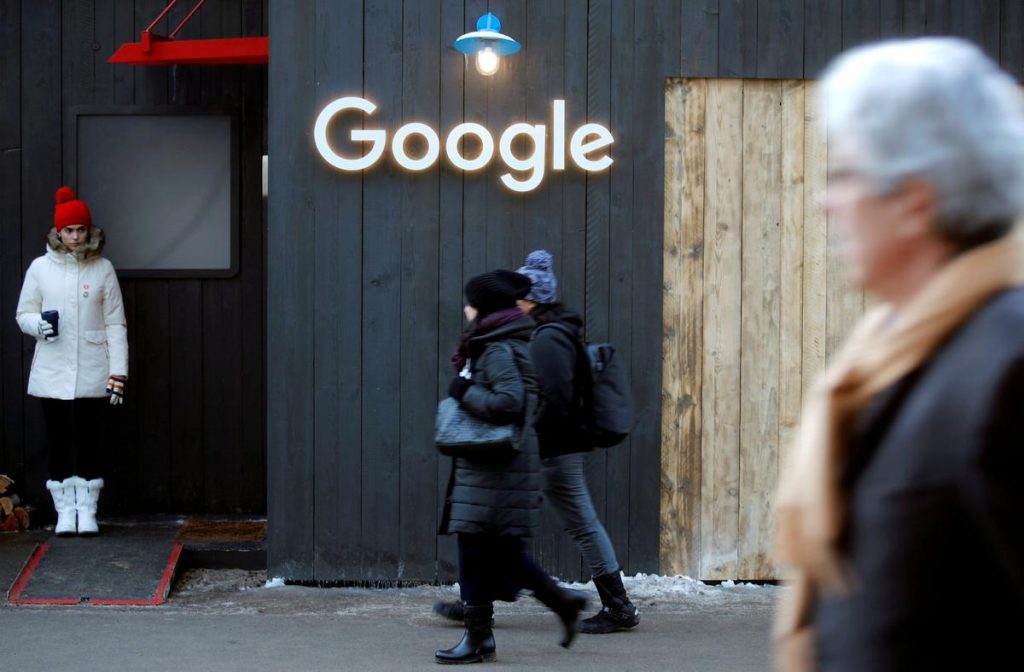Alphabet Inc’s Google upended plans by European media companies to block it from harvesting data about their readers and slash some of its dominance in online advertising, seven people involved in the talks said this month.
Publishers had expected to use data privacy measures going into effect Aug. 15 to bar Google from storing insights about readers, sapping the data advantage that has enabled it to dominate a market filled with advertisers hungry for information to target potential customers.
But Google said it will cut off publishers from a lucrative flow of ads if they follow through with curbing its data collection. Negotiations continue, but Google holds greater leverage because it dominates in both advertising tools and access to advertisers within the $100 billion annual global banner ads market.
“You have to basically implement what (Google) expect from you or you’re out of the market – you can’t do without them,” said Thomas Adhumeau, general counsel at S4M, which competes with Google in software for advertisers.
The publishers’ strategy and the ongoing discussions have not been previously reported.
Google repeatedly has outmaneuvered website owners and its competitors over the last decade to ensure its dominance. In several cases, publishers circumvented Google to attract higher prices for ads, only to see Google reassert itself as an indispensable cog.
Rivals and publishers contend some of Google’s actions were unlawfully anticompetitive, and authorities in United States, the United Kingdom, the European Union and Australia this year are considering pursuing penalties, with some even mulling breaking up Google.
Media giant News Corp this year publicly complained to Australian regulators about Google gaining an advantage over publishers by harvesting audience data. Other companies said they will complain if Google does cut off some ads in August.
Google describes the online ads industry as competitive and says its policies aim to square European Union privacy law with how its ad tools work.
PROTOCOL CHALLENGED
The EU’s two-year-old General Data Protection Regulation requires companies to get users’ permission or have a legitimate reason before handling their data. It prompted the Interactive Advertising Bureau of Europe (IAB), a consortium involving Google along with its clients and partners, to develop a technical protocol known as the Transparency and Consent Framework (TCF) for ensuring all of them had the appropriate approvals from consumers.
“When Google harvests that data and enriches their profiles, Google could be seen as bleeding publishers dry one drop at a time,” said Adrien Thil, chief privacy officer at Smart, which competes with Google in publisher software.
Media companies must share revenue with Google to access the unparalleled number of advertiser clients it attracts with its data. Globally, publishers’ share of Google ad revenue has fallen in half to 16% over the last decade, according to a paper released this month by Dina Srinivasan, an antitrust consultant to News Corp.



